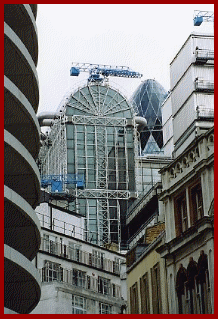| ||||||||||||||||||||||||||||||
Welcome to the | ||||||||||||||||||||||||||||||
 | ||||||||||||||||||||||||||||||
 | ||||||||||||||||||||||||||||||
All you need to know about lenses, | ||||||||||||||||||||||||||||||
Although technically ‘pass’ filters are really doing the same thing as a ‘block’ filter, in that they only allow certain frequencies of light to pass through, historically there has always been a distinction between the two; pretty much a case of a glass being half full, or half empty, depending on your perspective. In the world of photography, there is quite literally a whole spectrum of different filters for different effects, but in applying these to CCTV, there will only occasionally be a use for certain types of colour filter, in specific applications. For machine vision or process monitoring applications, it is often useful to increase the contrast between two objects, and this can be achieved by lightening or darkening either with the correct choice of colour filter. For example, using a high resolution Black and White camera, a red tomato could be made much lighter on screen if an orange or red filter is fitted to the lens, or indeed made much darker if a blue filter is used instead. Likewise, in certain countries, vehicle number plates can be enhanced for recognition, simply by using a piece of coloured glass! In some situations, it is very useful to filter out all the visible light, and simply image in Infra Red using a specific 850 or 1000nM pass filter, fitted onto a high sensitivity Monochrome camera. ENHANCEMENT FILTERS Neutral Density or ND filters are dense optically corrected pieces of ‘grey’ glass, which effectively cut down the amount of light passing through the lens. Apart from being a CCTV engineers best friend (very useful when setting up the back focus on ‘auto iris' lenses), they are also useful for enabling cameras to be operated at wider lens apertures, if a target needs to be ‘isolated’ from an out of focus background. Perhaps the most useful (but least understood) filter is the ‘polariser’; this apparently innocuous piece of light grey glass, is ideal for reducing reflections from shiny objects (e,g. windows and vehicle windscreens), and increasing sky contrast. | ||||||||||||||||||||||||||||||
 | ||||||||||||||||||||||||||||||
IMPORTANT: No material may be reproduced, copied or redistributed from this site, © doktorjon.co.uk 2004 - 2008 Homepage...:...Gateway...:...Technical Gateway....:....Quickfind Index....:....Equipment Directory | ||||||||||||||||||||||||||||||

